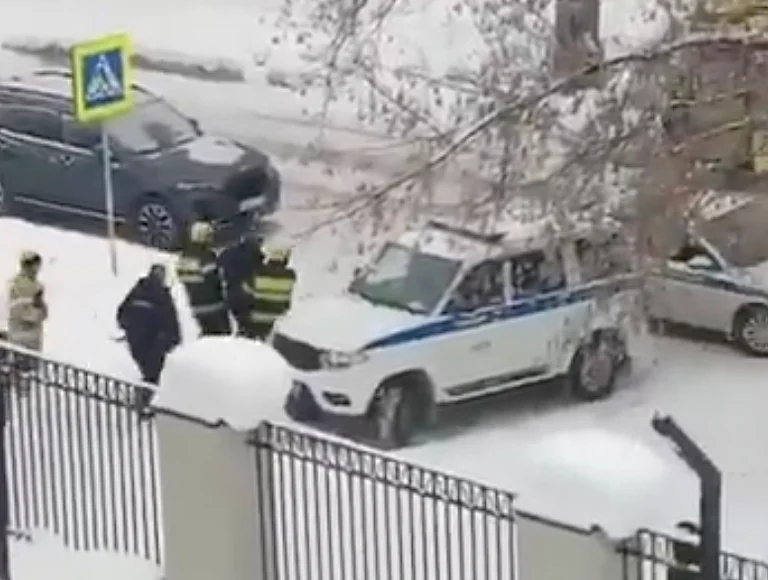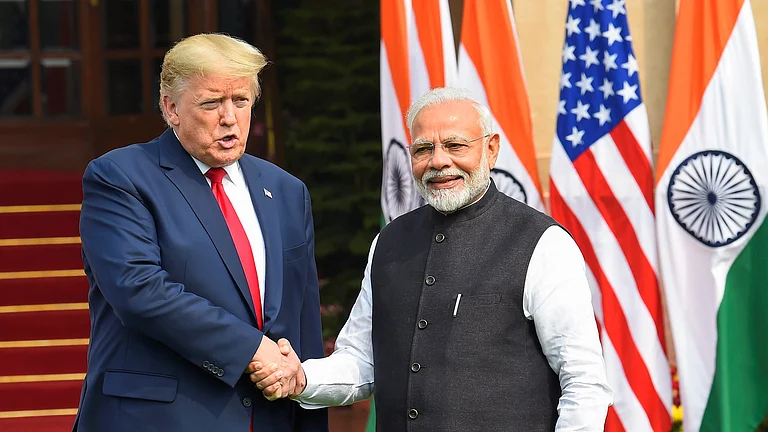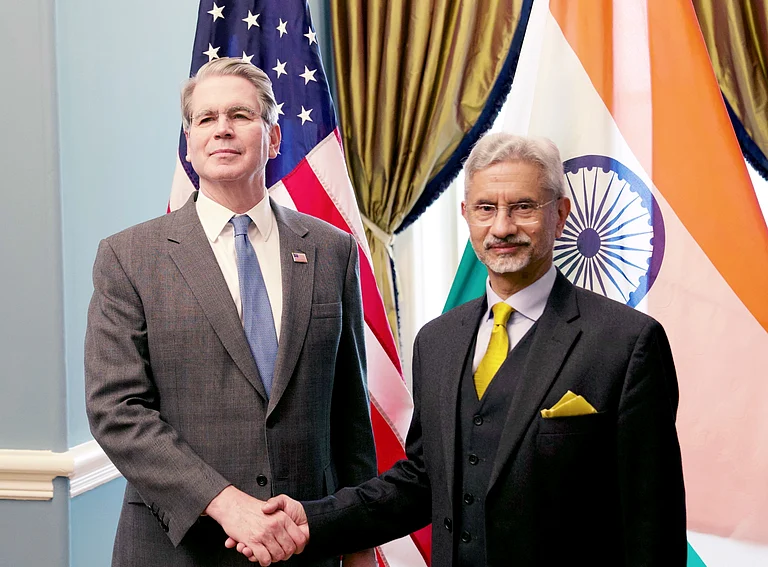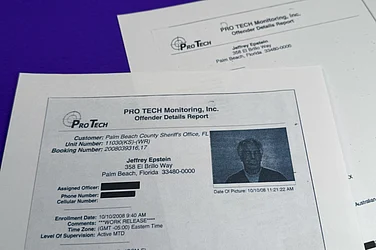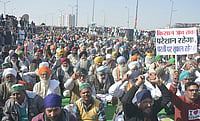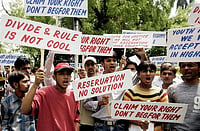The European Parliament on Wednesday adopted a resolution declaring Russia a "state sponsor of terrorism".
The resolution adopted by the Members of the European Parliament (MEPs) said Russia has committed acts of terror and international war crimes in Ukraine.
The European Parliament is the legislative assembly of the European Union (EU). Its 494 MEPs voted in favour of the resolution, 58 voted against it, and 44 abstained.
The resolution is not just aimed at Russian President Vladimir Putin and his government but also at non-state actors aligned with Putin, such as the mercenary organisation Wagner Group.
Here we explain what's the resolution adopted by European Parliament, what it means, and what state sponsor of terrorism means.
What did EU resolution say?
The European Parliament's resolution stated that Russia has deliberately carried out acts of terror and war crimes in Ukraine.
Putin ordered the invasion of Ukraine on February 24, formally dubbed as a "special military operation", and the Russian forces have since then been accused of severe human rights violations and war crimes. Mass graves have been found and evidence of civilians' executions and sexual assaults by Russian soldiers have also been reported.
Moreover, Russia has targeted civilian infrastructure such as residential areas and hospitals and critical infrastructure sites throughout the war.
"MEPs highlight that the deliberate attacks and atrocities committed by Russian forces and their proxies against civilians in Ukraine, the destruction of civilian infrastructure and other serious violations of international and humanitarian law amount to acts of terror and constitute war crimes. In light of this, they recognise Russia as a state sponsor of terrorism and as a state that 'uses means of terrorism'," says a press release by EU.
The European Parliament's resolution further called for the inclusion of Putin's proxies in the EU's terrorists list. These proxies include the Wagner Group, the 141st Special Motorized Regiment, also known as the Kadyrovites, and other Russian-funded armed groups.
The resolution further called upon the EU members to prepare and execute the ninth round of sanctions on Russia.
"The resolution further calls on EU member states in the Council to swiftly complete its work on a ninth sanctions package against Moscow. MEPs also want EU countries to actively prevent, investigate and prosecute any circumvention of current sanctions and, together with the European Commission, consider possible measures against countries trying to help Russia circumvent restrictive measures already put in place," says the EU resolution.
What does the EU resolution mean?
In short, the EU resolution does not mean anything immediately and it is mostly symbolic.
The main reason for the resolution's adoption being mostly symbolic is that that EU does not have the legal framework to declare any state a terror sponsor.
The resolution acknowleged this and called upon the EU to create such a framework.
"As the EU currently cannot officially designate states as sponsors of terrorism, Parliament calls on the EU and its member states to put in place the proper legal framework and consider adding Russia to such a list," says the EU press release.
However, the resolution is yet another indictment of Russian actions in Ukraine, which have been flagged by United Nations (UN) investigators as potentially being war crimes.
In September, the UN investigators working in Ukraine reported that they had found signs of beating of detainees, electric shocks, forced nudity, and sex- and gender-based violence even on minors by Russian personnel. The chief investigator Erik Mose said an unspecified number of Russian soldiers were found to have committed crimes of sexual or gender-based violence. The victims ranged between 4-82-years-old.
What does 'state sponsor of terror' mean?
While the EU does not have legal framework to declare a country "state sponsor of terror", countries like the United States and Canada have such frameworks.
The basic idea of declaring any country as state sponsor of terrorism is to put the most severe forms of sanctions on it and turn it into an international pariah. It involves freezing that country's assets, restrictions on trade with that country, bar on financial transactions, etc.
The US Department of State has currently designated five countries as state sponsors of terror: Cuba, North Korea, Iran, and Syria.
The US Department of State lists the following actions against this designation:
- Restrictions on U.S. foreign assistance
- A ban on defense exports and sales
- Certain controls over exports of dual use items
- Miscellaneous financial and other restrictions
Countries "determined by the Secretary of State to have repeatedly provided support for acts of international terrorism" are given this designation.
The United States has decided to not designate Russia as the state sponsor of terrorism. President Joe Biden has taken the call to not do it and the White House has said that such a designation would be counter-productive.
White House Press Secretary Karine Jean-Pierre said, "This designation could have unintended consequences to Ukraine, and the world. For example, according to humanitarian experts and NGOs we have spoken to, it could seriously affect the ability to deliver assistance in areas of Ukraine.
"Another one is it could drive critical humanitarian and commercial actors away from facilitating food exports to help mitigate the global food crisis and jeopardize the Black Sea ports deal that has already led to over a million tons of Ukrainian food exports reaching the world, including those in Horn of Africa.
"It will also undercut unprecedented multilateral conditions that have been so effective in holding Putin accountable and could also undermine our ability to support Ukraine at the negotiating table."
The existing US and Western sanctions have also come under criticism as having been imposed in a hurry without enough consideration over consequences. The world is dealing with energy and food crises at the moment as food and energy exports from Ukraine and Russia are disrupted and sanctions have further sent prices skyrocketing in the West, leading to very high inflation.







